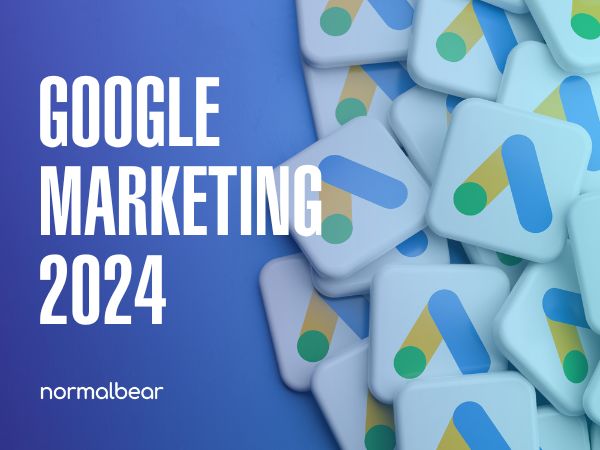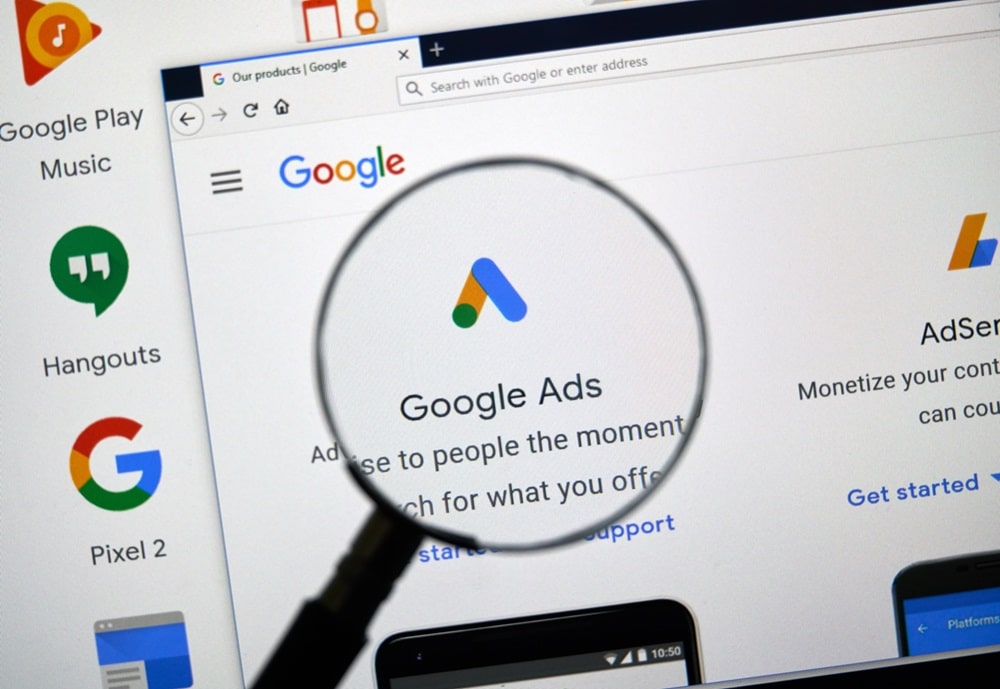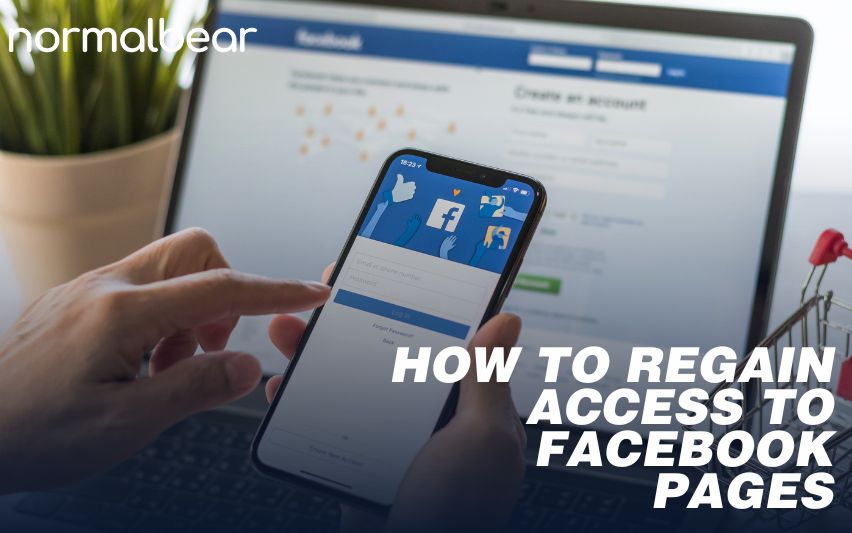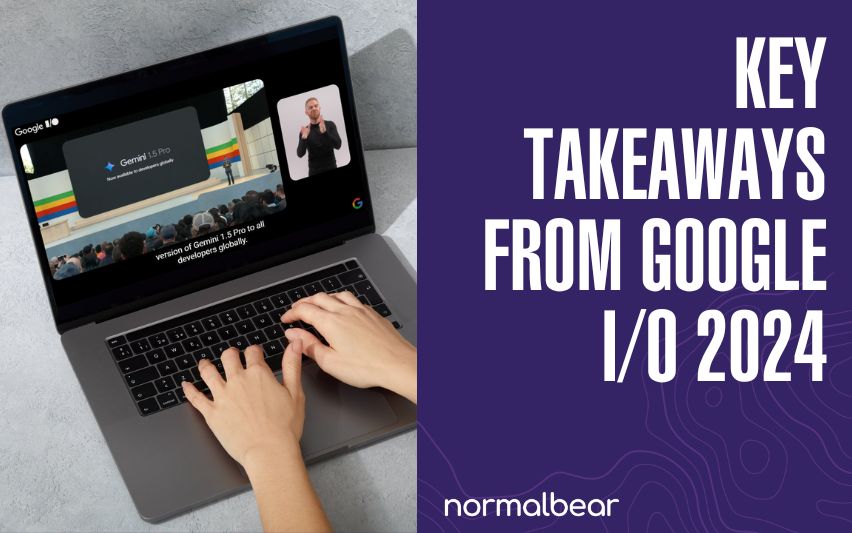Ecommerce is never static; it’s constantly changing, and the past 18 months are evidence of that. If you thought things might slow down a bit, that’s simply not the case. Google has announced it will begin deprecating third-party cookies in late 2022, and it plans to stop using them entirely by the end of 2023. That’s going to have a profound impact on eCommerce marketing.
This announcement brings up many questions as brands work to figure out what this means for them. Perhaps more importantly, online marketing teams are struggling to figure out what they need to do in light of this new development.
Why Is Google Deprecating Third-Party Cookies?
The answer to this depends on who you ask. Some believe that this decision will protect customer data and keep it out of the hands of third parties. Others think that this is Google attempting to tighten its control of advertising. It’s definitely important to note that the changes won’t affect Google’s ability to use data from customer browser behavior. In fact, it plans to use machine learning and place users into categories according to their interests.
No matter what, brands must learn how to adjust to this impending shift. Keep reading to learn how to prepare your eCommerce business for a cookieless future.
Understanding the Challenges
This change is going to leave eCommerce businesses facing a series of challenges. It’s essential to understand what you’re going to be up against.
Ad Targeting
If you’re an eCommerce brand, your ability to very precisely target ads to customers will be severely limited. That will impact the effectiveness of popular techniques, such as native advertising, product remarketing, and programmatic display, resulting in lower advertising spending. Ad targeting has been a big part of paid advertising in digital media.
Customers will notice changes, as well. While they may enjoy increased privacy, the advertising they see will be less personalized.
Digital Identity
An eCommerce business can use third-party cookies to identify its customers, track ad impressions, even identify returning users. Without them, they can’t track customers across multiple platforms. While Google has proposed using cohorts to place users into categories according to online behavior, there’s no proof that this will be effective.
Attribution
Without third-party cookies, it becomes impossible to really understand the customer journey. Because of that, brands will lose the ability to learn which marketing efforts were impactful and at what touchpoint.
How Can eCommerce Brands Reach Customers Without 3rd Party Cookies?
Here are some steps eCommerce companies can take to ensure they get the most out of social media advertising and other efforts to reach customers.
Build Your Advertising Strategy Around First-Party Data
This is one area where your eCommerce business has an advantage. You may lose access to third-party data, but you have a direct connection to your customers. That gives you access to a significant amount of customer and behavioral data.
However, you do face the challenge of data authentication. The good news is you are in contact with the customers who can authenticate their own data. The bad news is you have to convince them to do that. You can incentivize this with special offers, exclusive access to products, and other VIP perks.
Revisit Contextual Advertising
Not all advertising has to rely on tracking user behavior. Contextual advertising allows you to place ads within relevant articles across a content network. Similarly, companies can use PPC advertising to target audiences who have used related search terms. However, to do this successfully, you will have to research and identify the most accurately targeted keywords.
Create a Data Clean Room Strategy
The elimination of third-party cookies doesn’t mean that information disappears into the ether. It simply means it remains within the platform in which it was collected. These are known as walled gardens. Google will still allow you to access that data, but it will be under the company’s conditions. Under the new changes, you’ll have access to data clean rooms where you can analyze aggregated data and upload your own first-party data to see how and where it matches the aggregated data. That can lead to valuable insights regarding ad targeting.
Final Thoughts
Google is following Firefox and other platforms with its plan to eliminate third-party cookies. There’s no denying that this is going to impact how eCommerce reaches its customers. However, the change could be a positive one overall. Customers may begin to feel renewed trust in their online experiences. Brands may find better, more creative ways to reach their audiences.
Do you need help navigating the challenges of digital marketing today or in the future? Contact Us.







